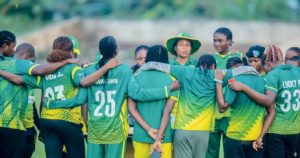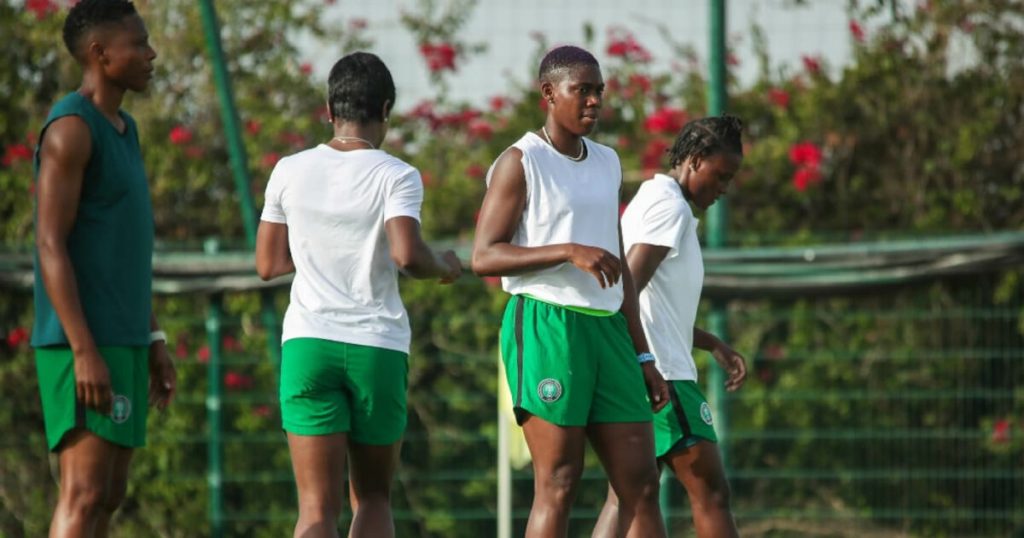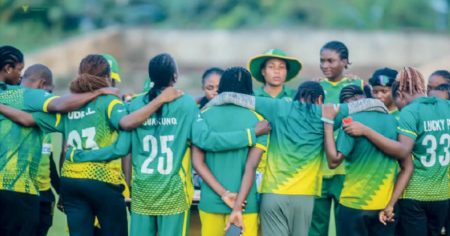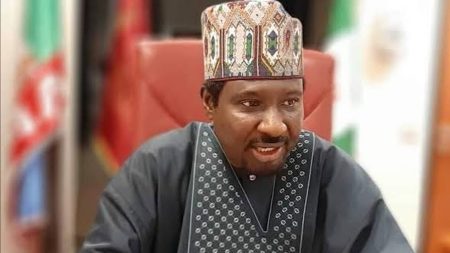The Women’s Africa Cup of Nations (WAFCON) stage is set for a thrilling semi-final clash between two titans of African women’s football: nine-time champions Nigeria and defending champions South Africa. The encounter, scheduled at the Stade Larbi Zaouli in Casablanca, promises a captivating display of skill, strategy, and unwavering determination as both teams vie for a spot in the prestigious final. History favors the Super Falcons, having dominated previous WAFCON encounters against Banyana Banyana, but South Africa’s recent triumph over Nigeria in the 2022 group stage, en route to their maiden WAFCON title, adds a layer of intrigue and unpredictability to this highly anticipated showdown. The clash represents not only a battle for continental supremacy but also a chance for redemption and a step closer to Olympic qualification.
Nigeria’s coach, Randy Waldrum, acknowledges the significant evolution of South Africa under Desiree Ellis’s tutelage. While respecting their opponents’ achievements, including their unblemished record leading up to the semi-finals, Waldrum emphasizes that past results won’t dictate the outcome of this match. He recognizes the “prestige” associated with the encounter and anticipates a fierce contest against the defending champions. Waldrum’s approach reflects a pragmatic assessment of South Africa’s current form, recognizing their strengths while maintaining confidence in his own team’s capabilities. He acknowledges the pressure inherent in such high-stakes games but emphasizes his team’s focus and determination to bring joy to their nation.
Ellis, on the other hand, exudes confidence drawn from South Africa’s recent successes against Nigeria. She believes the match’s inherent significance, akin to a derby, eliminates the need for external motivation. Her players are acutely aware of Nigeria’s strengths and the historical rivalry, fueling their intrinsic drive to succeed. Ellis’s succinct assessment highlights the deep-seated understanding between the two teams and the inherent motivation stemming from their shared history and the stakes involved. The match represents an opportunity for South Africa to consolidate their status as the reigning champions and further solidify their rise as a dominant force in African women’s football.
Both coaches face unique circumstances, navigating the tournament without formal contracts with their respective federations. Yet, this precarious situation seems to have galvanized their leadership, fostering a sense of unity and purpose within their squads. Their ability to maintain composure and focus amidst such uncertainty underscores their professionalism and dedication to their teams’ success. This shared backdrop of contractual ambiguity adds another layer of complexity to the narrative, highlighting the coaches’ resilience and their players’ commitment to achieving victory despite external pressures.
On the pitch, Nigeria will look to capitalize on their potent attack, which has produced nine goals in four matches – second only to hosts Morocco. Their comprehensive victories against Tunisia and Zambia, coupled with a hard-fought win against Botswana, demonstrate their offensive prowess. South Africa, while not as prolific in front of goal, boasts a solid defense and a knack for crucial goals, evidenced by their dramatic penalty shootout victory against Senegal in the quarter-finals. Their journey through the tournament, marked by a mix of dominant performances and closely contested battles, showcases their resilience and adaptability.
The rivalry between these two nations extends beyond the WAFCON, intensified by South Africa’s recent Olympic qualifying heartbreak. Nigeria’s narrow aggregate victory denied Banyana Banyana a place at the Paris Olympics, adding an extra layer of motivation for Ellis’s side to seek retribution. This subtext of Olympic qualification adds a further dimension to the semi-final encounter, transforming it into a battle not only for continental glory but also for a chance to compete on the global stage. The memory of their dashed Olympic dreams will undoubtedly fuel South Africa’s desire to overcome their rivals and assert their dominance.
In conclusion, the WAFCON semi-final between Nigeria and South Africa promises a spectacle of tactical prowess, individual brilliance, and unwavering determination. The historical dominance of the Super Falcons clashes with the recent ascendance of Banyana Banyana, creating a captivating narrative of contrasting styles and ambitions. Both coaches, operating under unusual contractual circumstances, have instilled a sense of purpose and resilience within their teams, adding a layer of intrigue to the already compelling storyline. The winner will not only secure a place in the WAFCON final but also claim bragging rights in this intense rivalry and take a significant step towards solidifying their place as a leading force in African women’s football. The stage is set for a truly captivating encounter, one that is sure to leave a lasting mark on the history of the Women’s Africa Cup of Nations.














